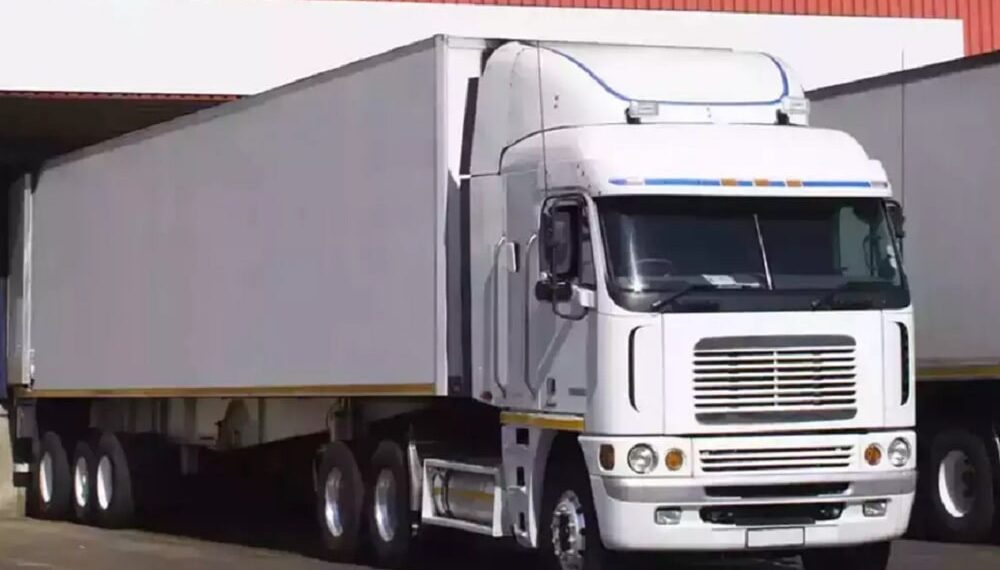Japanese trading house Mitsui & Co. will launch a logistics business using self-driving trucks as early as 2026, Nikkei has learned. The move comes as Japan amended a law in April, allowing level-4 autonomous vehicles to operate on public roads. A high level of autonomous driving technology is expected to be put to practical use, especially in the logistics industry, which suffers from a chronic labor shortage in Japan.
A company called T2 in Chiba prefecture near Tokyo will lead the project. Mitsui has a stake of around 80% in the company, while a Tokyo-based artificial intelligence company, Preferred Networks, (PFN) has a 20% stake.
T2 hopes to launch a demonstration project on highways this month using passenger cars. Although the amended law has yet to take effect, self-driving cars can operate on public roads if a driver is present to monitor the vehicle and take control if necessary.
T2 aims to apply the technology to large trucks by March 2023 in the next phase of the demonstration. Through the experiment, the company aims to have trucks drive about 10 kilometers at 80 kilometers per hour. According to T2, it will be the first demonstration of level-4 autonomous trucks on highways in Japan.
The company aims to launch a logistics business using self-driving trucks on highways between Tokyo and Osaka, which account for around 20% of Japan’s trunk line transport market of 2 trillion yen ($14.2 billion) as early as 2026.
The company will leverage the spatial-recognition technology developed by PFN, which has worked on self-driving together with Toyota Motor. Using sensors, cameras, and radar installed on cars, the recognition system gathers data on roads and other cars. It also analyzes GPS data.
Through the experiments, the company aims to enhance the accuracy of sensors in poor weather conditions. T2 hopes to invest 10 billion yen or more into improving the system by 2026.
To enhance self-driving technology, T2 will seek other partners, such as telecommunications companies, electronics manufacturers and logistics companies. T2 also aims to find people with expertise in artificial intelligence and vehicle control systems.
Autonomous vehicles are rated on a 1 to 5 scale. Levels 1 to 3 focus on reducing the strain on drivers when operating a vehicle, while levels 4 and 5 can operate without input from human drivers. In Japan, level-3 vehicles have conducted demonstrations. With level-3 automation, a human driver is expected to take over in an emergency. Level-4 vehicles are expected to be approved for public roads in April 2023. The Japanese government aims to have level-4 services in 40 locations nationwide by 2025.
The trucking industry faces a labor shortage in Japan, and drivers are aging. According to the country’s labor ministry, heavy truck drivers work 36 more hours per month than the average for all industries. Regulations on overtime for drivers are expected to be tightened in April 2024, which may exacerbate the labor shortage.
With road freight levels rising as the economy recovers from the pandemic and e-commerce expands, Hiroaki Sato, an analyst at Fuji Chimera Research Institute, argues it is a “natural trend” that logistics companies need level-4 autonomous vehicles, as the industry is under pressure to cut costs and ease the labor crunch.
One study found that self-driving cars cut fuel consumption by 10% or more compared with those operated by human drivers. Mitsui estimates that self-driving vehicles can cut carbon emissions by 31 kilograms per vehicle for a one-way trip between Osaka and Tokyo.
There is increasing competition to develop self-driving trucks, especially in the U.S. and other large countries. In the U.S., there are new entrants linked to Chinese companies and Google. Retail giant Walmart has conducted a demonstration of deliveries using self-driving trucks. In Europe, Volkswagen Group’s MAN Truck & Bus is working on level-4 self-driving trucks.
In Japan, truck manufacturer UD Trucks experimented with level-4 trucks in Hokkaido in 2019. The company hopes to run another experiment with such trucks at steel mill operated by Kobe Steel by the end of the year. Mitsui is the first company to put the trucks to practical use in Japan, and they plan to expand the service abroad in the future.





























